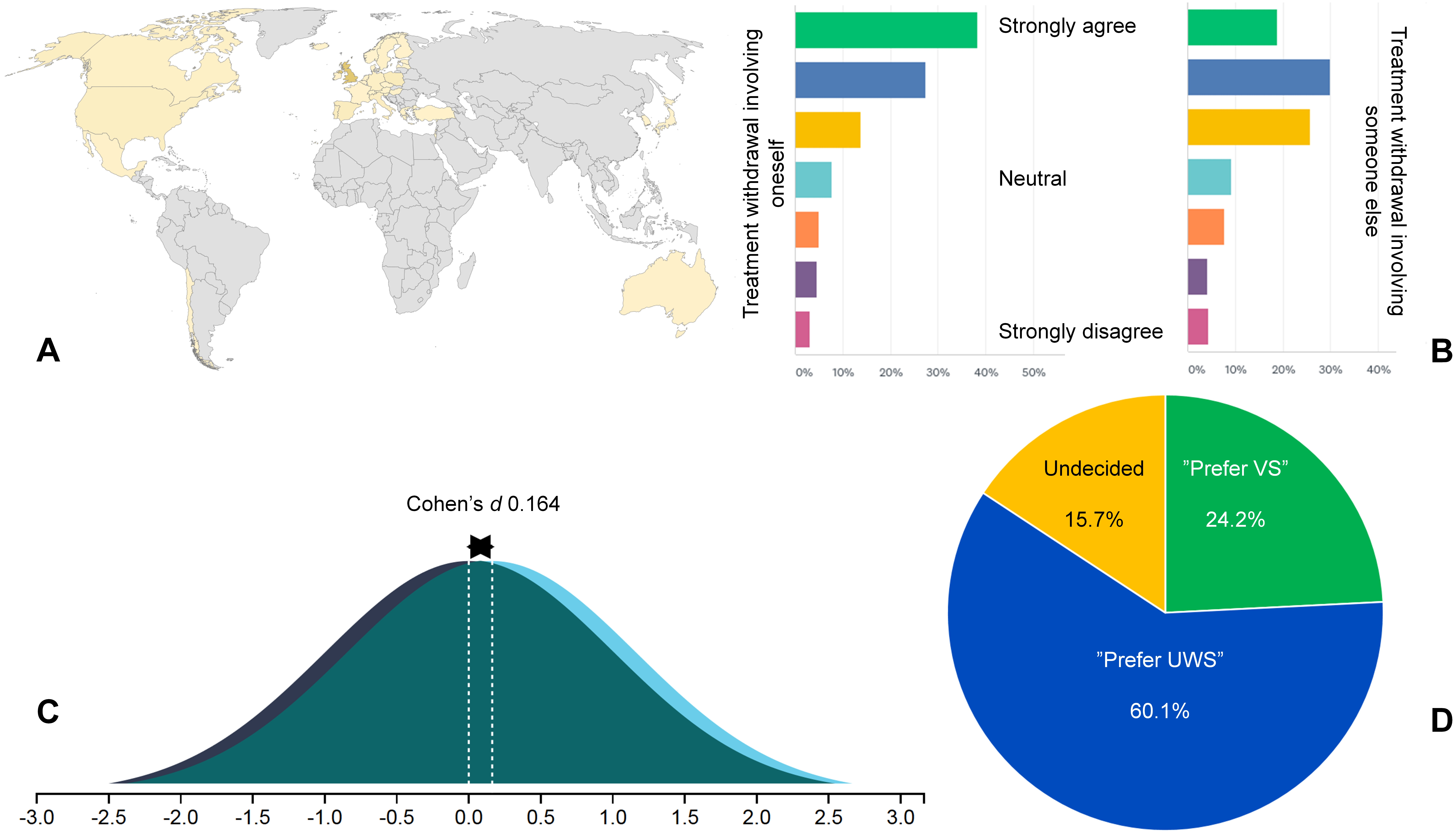

Second, research Sisters refused to justify their social class worthiness to be in university (Phillips, 2021). Four key themes were discovered: First, conversations centered on the voices of participants through the building of trust and the creation of the Underclass Sisterhood of Solidarity, based upon the late feminist scholar and activist María Lugones’ (1987) theory of “world”-travelling with “loving” versus “arrogant” perception. Research Sisters, Canadian women with lived experiences of poverty who accessed an undergraduate degree at a Canadian university, explored: 1) Why they are an important demographic to Canadian universities, and 2) How university leaders can create non-deficit-based and decolonial WAP for poverty-class people. This seven-month community-based participatory action research project used conversations, focus groups, case studies, and integrated knowledge mobilization. By refusing to widen access and participation (WAP) for students whose lives are shaped by poverty, Canadian universities are complicit in perpetuating poverty across generations. Pushing Privilege Pillars in Canadian Universitiesĭepartment of Educational Psychology & Leadership StudiesĬanadian federal discrimination legislation excludes social class which leaves poverty, or “social condition” (MacKay & Kim, 2009), out of universities’ equity, diversity, and inclusion (EDI) mandates. This thesis may not be reproduced in whole or in part, by photocopy or other means, without the permission of the author. In the Department of Curriculum and InstructionĪll rights reserved.

Pushing Privileged Pillars in Canadian Universitiesĭiploma, Grant MacEwan Community College, 1985Ī dissertation submitted in partial fulfillment of the requirements for the degree of
#Charland crafting dead map download download#
Elaine J Laberge PhD Dissertation: Pushing Privileged Pillars in Canadian Universities Download


 0 kommentar(er)
0 kommentar(er)
